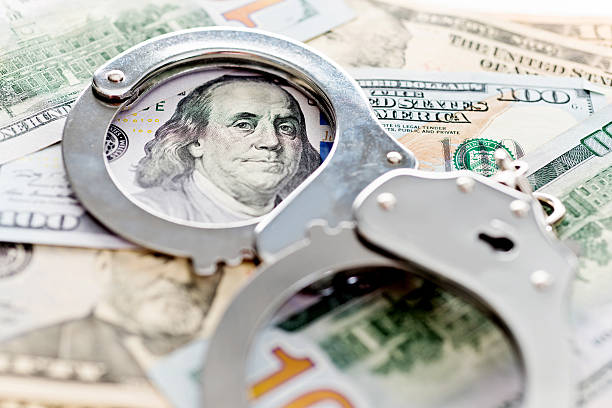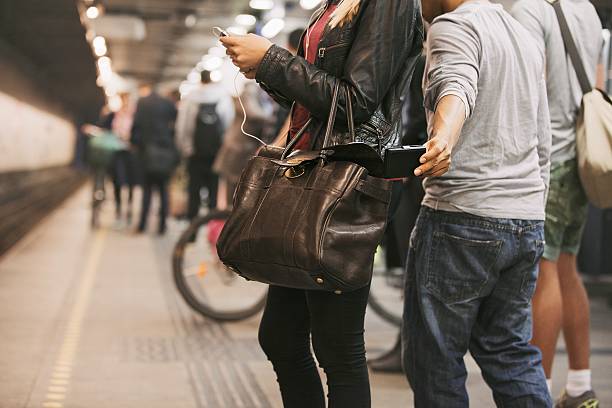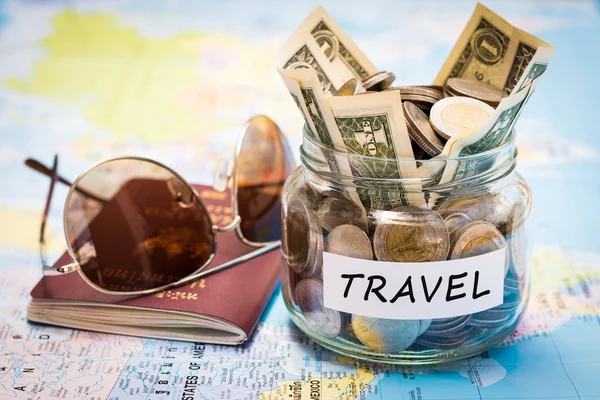In Today’s massive changes in travel dimension no matter where you are visiting, surely you come across any one of the travel scams. Irrespective of nation, place, types of travellers, travel scams are uncontrollable. You may think that scams do not exist, but remember there are many new and inventive scams that emerged recently worldwide.
 Knowingly or unknowingly there are many travel scams you will come across. Isn’t it? If you worry too much about travel scams, surely you will not enjoy your journey. If you are careless or more adventurous then you will fall into a trap. Don’t worry, here we are going to explain what the 11 major travel scams are and how to overcome them.
Knowingly or unknowingly there are many travel scams you will come across. Isn’t it? If you worry too much about travel scams, surely you will not enjoy your journey. If you are careless or more adventurous then you will fall into a trap. Don’t worry, here we are going to explain what the 11 major travel scams are and how to overcome them.
11 Major Travel Scams to Avoid
1. Fake Tourist Guides

You are probably going to see and sometimes you can experience fake tourist scams. Normally these sorts of scams occur in a large number of tourist areas like ancient monuments or natural landmarks. They label fake ID cards and charge high fees for subpar services or sometimes they are forced to purchase unnecessary shopping stuff and souvenirs. These activities give them more benefits and make it more costly to travellers.
How to Avoid?
Before going to hire any guides, hire licensed guides and check whether they have a proper credential and licence. If you find on spot guides, better to bargain the price instead of agreeing their prices.
2. Overpriced Taxi Scams

This could be a more common scams all around the world, especially during seasonal periods. In many tourist areas, taxi drivers may not use taxi metres, and they demand heavy taxi charges or over-priced travel costs. Instead of taking you on nearest routes, drivers might take you on a longer route to get to your destinations.
How to Avoid?
You can avoid these scams in order to use reliable rideshare apps or agree on a fare beforehand. Use Google maps for better experience to find your destination or search hotel landmarks to know how many kilometres are there to reach your point.
3. Wi-Fi Scams

Recently you may have heard somewhere in the news that a person’s amount has been stolen or his bank account hacked, especially relating to bank amount. This mostly relates to those who share their personal information. It might be happening on Wi-Fi sharing internet. Scammers can steal your personal information in in order to offer free Wi-Fi internet. Then they can easily find your bank accounts, documents and important files from your mobile or laptops.
How to Avoid?
Always skip to connect your mobile or Laptops to free public Wi-Fi. Suppose if you are using public Wi-Fi in hotels or resorts, better to ask your hotel managers or service providers, whether Wi-Fi is safe to connect or not?
4. Accommodation Scams

Some listings on vacation rental sites might be fake or travellers who are booking their accommodations through third party sites could be getting fake listing hotels like Airnab. Sometimes these fake hotels would be situated in the same place and accommodations might not match the description. The customer will pay the booking amount in advance, but once they reach the location they felt they paid the wrong accommodations. You can see credit card information of the booking amount already deposited with them. Like Air nab, do not release any such payment until 24 hours after your check in.
How to Avoid?
Always book hotels or accommodations through reputed websites or platforms like Booking.com or TripAdvisor‘s and never forget to read reviews of those hotels. Check properly images and descriptions of the hotel where you want to stay?
5. Currency Exchange Scams

Since you are an International traveller, you may come across concepts like currency exchange. It is an inevitable concept, but did you know that there are a lot of scams also occurring in these fields? Travellers might get exchange booths while entering new countries, where they feel misleading rates. Some may charge hidden or higher fees or sometimes offer counterfeit currency.
How to Avoid?
It is very easy to rectify or identify these scams, in order to exchange money at banks or official exchange services. Despite that, using an official exchange kiosk, recounting your money and checking for authenticity are other simple options to escape these scams.
6. The Pizza Scams
Usually hotels and restaurants, where tourists come back from their vacations to their rooms and they find brochures or pizza menu cards in doorsteps. Unfortunately if you called the number that they showed in the cards they placed an order and received money from you. At the end you will not get any items or stuff from the Pizza delivery side. The scammer will use their credit card information to make unnecessary purchases.
How to Avoid?
It is the most common scam, especially in high populated cities or countries. In order to check the company name and agency names you can find whether it is genuine or not. if you really want to eat any Pizza or foods better to order from Doordash or Uber Eats. More importantly cross check the cards you got before going to order.
7. Street Performer Scam
Especially in Europe and America Street Performers are in more number, therefore many travellers might get these sorts of scam experiences. Here some street performers may put on an elaborate show in front of backpackers to solicit tips aggressively. Street performers demand tourists to give huge charges like $10 or $ 20. While some may be genuine and some others can be overly persistent or sometimes even irritable.
How to Avoid?
Ignoring street performers is the best way to avoid these scams. If you are caught by any street performers and they demand a huge amount to pay, immediately you can call the police to help.
8. Pickpocketing

Pickpocketing means stealing small items like traveller’s passports, cash, mobile phones, electronic accessories and wallets without their no-tice. Pickpocketing is more common in crowd places, where people gather in more numbers like festivals and cities. It is a traditional scams, which distract you with someone asking for help. Probably these sort of scams you can experience visiting developing and underdeveloped countries in Asia or Africa. Pickpocketing occurs to travellers in different dimensions, like street performances, begging, offering fake guides and overpriced cabs and taxis.
How to Avoid?
Be aware while visiting crowd areas and keep your belongings secure and vigilant in busy areas. Simple way is to avoid putting items in your back pocket, avoid putting stuff in the front pocket and divide your money in different pockets and more importantly use proper and authentic best travel backpack and bags.
9. Photography Scams
Every traveller wishes to take their photos while they visit some of the greatest places in the world like the Taj Mahal and the Leaning Tower of Pisa or any 7 wonders of the world. You can also see there are many photographers waiting to take pictures of travellers. Those professional travellers conveniently take a picture of you and then charge high prices like $10-20 dollars for a photograph.
Another form of photography scams is a local will ask you to take their picture and hand you their camera. Intentionally drop the camera and blame you for breaking their camera and demand to pay the charges. Usually happens in places like Los Angeles, Hollywood and some places in Australia and Taiwan.
How to Avoid?
In order to bring your own camera or mobile phones you can skip to take photography from outsiders. Better to know the price per photo well in advance and bargain the price that they offered.
10. Fake Police Officers

Scammers may come as police officers and disguise themselves as police officers and try to claim you have broken a law. Obviously they demand or are forced to pay the penalty or fines on the spot. Police will also ask you to open your belongings, passports and wallets. If they find any precious items they will be ready to take from you. Be careful.
How to Avoid?
Always ask for identification and suggest going to a police station if you get any doubt or suspicious activities. Do not forget to take a penalty receipt from the police if you paid the penalty. For more details call the nearest police or Emergencies.
11. Entry Fee or Admission Fee Scams

Somewhere you may experience high admission or entry fees compared to domestic travellers. If you are an International traveller, high entry fees and tickets are more common in many places. Some tourist sites might have people falsely claiming high entry fees. Recent periods many sites create fake scanners and bogus retail listings in multiple tourist attractions.
How to Avoid?
Better to check the official website of the attraction, rather than try to ask locals to verify the legitimacy of entry fees. Skip to purchase tickets who are selling outside of the tourist place and purchase tickets from authorised and approved sellers.
Scams occur everywhere and every day, not just in travel areas. But people who are travelling abroad or unknown places are ready to keep their stuff safely. There are multiple ways to escape from scams and always be aware of it. In order to taking necessary precautions, you can protect yourself while travelling and never forget to enjoy your journey.
Suggested Reads; Do I Really Need a Travel Insurance?
What are the Benefits from Traveling?




